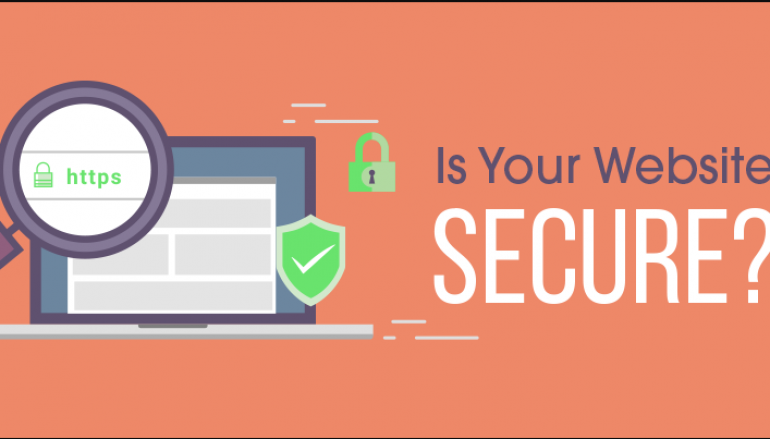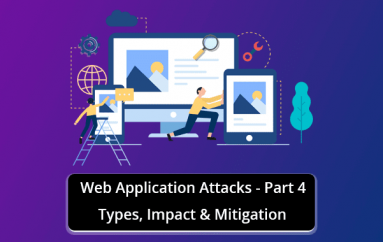
Lesser-Known Ways to Improve Your Website Security From Cyber Attacks
In many cases, the simplest solutions are the best ones as well. However, when it comes to protecting your website from unauthorized access, you may want to go several steps further. Apart from tier-1 precautions like keeping your software up to date and strengthening your password, here are the four solutions that most webmasters might ignore.
Safeguard Against SQL Injections
Cyber Attackers might try to insert malicious code via a query form. This threat is known as a SQL injection and the most vulnerable websites are those that employ web forms and URL parameters used to gather information from outside users.
A data breach is possible if those parameters are defined too widely, so an SQL injection can be used to prompt the website to carry out an unwanted command and expose your sensitive data.
One way to prevent this is to use parameterized queries. You need to set up rigid parameters related to what web language can be used to access which database information. In effect, you will limit the terms that can be used to access your website and along with it, reduce SQL attack attempts.
Use a Content Delivery Network
A content delivery network (CDN) consists of servers that work together to increase the speed of your website. Storing a copied cache of each web page on different servers around the world ensures that a user receives the cached version of the content from the server closest to them.
However, apart from speed, another benefit of a CDN is security, as it can protect your site from bots and spam attacks, including DDoS attacks. These attacks aim to overwhelm your website with a high volume of traffic, slowing it down or rendering it inaccessible.
CDN solutions, on the other hand, are designed to handle high volumes of traffic, including SEO campaigns, sales, and other unusually high traffic spikes. This capability to process high volumes of traffic also allows CDNs to absorb DDoS attacks.
Consider Centralized Data Storage
One of the main goals of a centralized management system is to improve security. Your website is protected by encryption with the possibility of offsite recovery and access, which is not only important as protection against cyber attacks but also in case of natural disasters, emergencies, or mechanical failure.
Data warehouse software solutions that provide users with centralized data storage are becoming essential for many business operations that rely on handling large amounts of data.
Centralized data storage software not only makes data accessible from multiple departments and applications, but helps streamline management, analytics, and formatting.
Choose the Right CMS
A content management system (CMS) is an essential tool used for developing your website and managing future content. The most popular ones, like WordPress, Joomla, and Drupal are constantly improving their security systems, advancing the program code, and maintaining seamless operation.
However, for an extra secure website, you need a solid CMS, and according to experts from ThinkBig Analytics, open-source CMS like the ones above are more prone to security vulnerabilities and their customer support lacks some features of a paid CMS system.
Keep Track of User Access
In the beginning, you may trust a few top-level employees with access to your website and administrative privileges. The truth is that employees don’t always care about website security when logging into the CMS. Focusing on the task at hand, they may overlook a problem or make a mistake, creating a security issue.
Before giving them access to your website, make sure your employees have experience with your CMS. Apart from educating them on the importance of passwords and software updates, show them other ways to keep the website secure.
As employees come and go, you need to keep a physical record of who has access to your CMS and their administrative settings.
Disable Unnecessary Features
For increased security, you need to disable the website features you don’t use. For example, if you don’t benefit from registrations and comments, disable them together with all plugins and themes that are not essential for your website operation.
Conclusion
Business owners and website administrators often focus their efforts on website creation, neglecting security maintenance. When considering protecting your company’s data, it’s important to take a proactive approach and exploit every solution that keeps your and your visitors’ data safe.
This post Lesser-Known Ways to Improve Your Website Security From Cyber Attacks originally appeared on GB Hackers.





